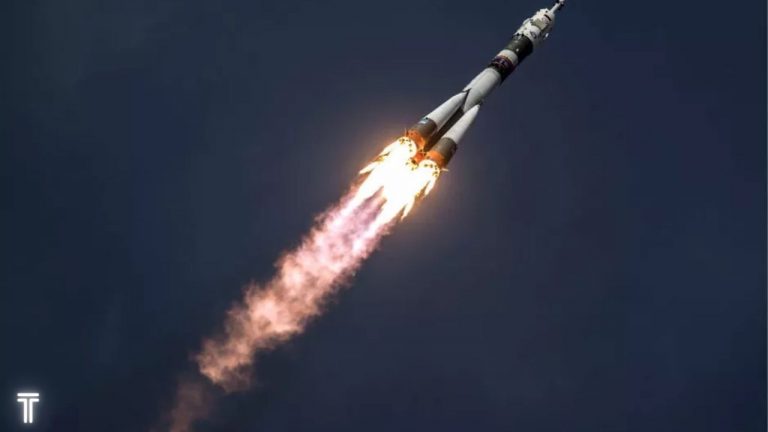
A Russian rocket carrying a Mexican satellite launched from the Baikonur Cosmodrome in Kazakhstan. The launch went smoothly, but while the second stage was doing its job, something went wrong with the first stage.
The upper section of the Soyuz-2 booster assigned to this mission separated earlier than planned and will likely be shuttling back to Earth on its own.
#18SPCS has confirmed the reentry of the IPM 3/PERSEY (#50505, 2021-133A) at 13:08 PDT on 5 Jan, 2022, over the Pacific Ocean. #spaceflightsafety
— S4S_SDA (@S4S_SDA) January 5, 2022
The rest of the rocket, however – including the spacecraft it was carrying – is expected to make a planned burn toward an initial orbit before deploying its payload.
Meanwhile, pieces of the first stage will be burning up in Earth’s atmosphere over the course of the next few days.
What happened? Will this affect the mission?
The rocket’s first stage is designed to be jettisoned once its fuel tanks are empty. At this point, it should’ve fallen back toward Earth and burned up as it re-entered the atmosphere. It appears, however, that there were issues with separation. This has happened before during other Soyuz missions as well.
It is unlikely that this will have an effect on the mission. Russia’s Rokot Launch Fails, Rocket and Payload Fall Back to Earth
A booster rocket carrying three satellites for scientific research crashed shortly after launch in Russia Monday, officials said. The Rokot launch vehicle lifted off at 11:47 a.m. Moscow time (0947 GMT) from the Plesetsk launch pad in northern Russia, but fell to Earth around two minutes later because of a malfunction, the Russian Space Forces said on its website.
To get more related content related to Entertainment, Technology, Windows Fixes, Do-Follow Tremblzer. On Google News